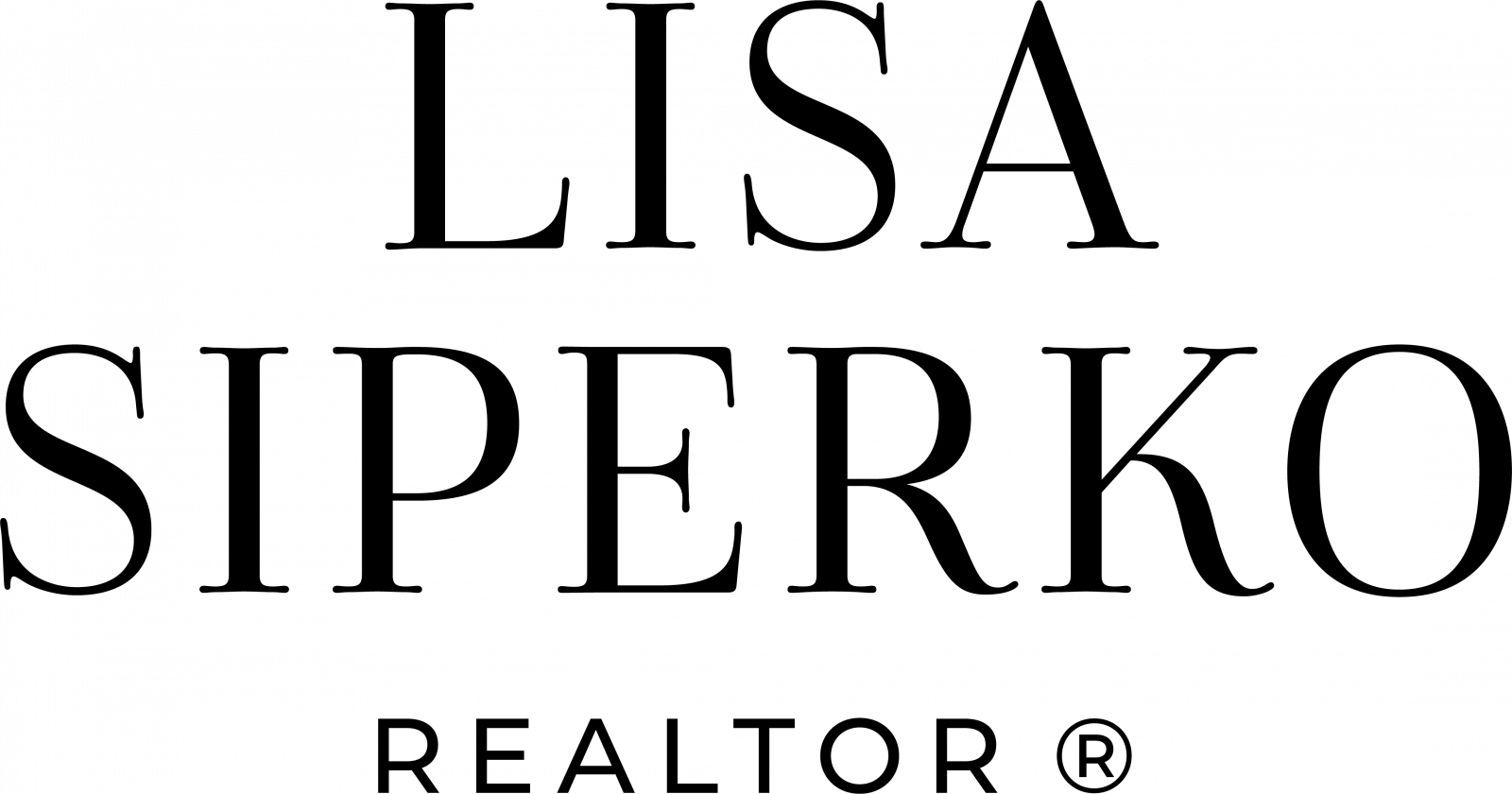
What is a Rainscreen?
If you live in the Lower Mainland, you have likely heard the term ‘rainscreen’, though you may not know exactly what it means. A rainscreen is an exterior wall detail where the siding stands away from the moisture–resistant surface of an air/water barrier applied to the sheathing to create a space to allow drainage and evaporation. Ideally, the rainscreen prevents water from getting trapped between the siding and air/water barrier, which can result in mold, rot, or a leak into the interior of the building.
Why is rainscreening necessary?
You may have heard the term ‘leaky condos’. During the 1980s and 1990s many Vancouver condos and apartment buildings were built more to sustain a California-style climate. They used less expensive stucco and thinner exterior finishes typically meant for sunnier climates. Developers at this time didn’t realize the impact rain would have on these buildings. Our rainforest climate did not mix well with this newer style of stucco, resulting in water ingress in many buildings and the ‘leaky condo’ era.
Why is this important?
If you are looking to purchase a condo in the Lower Mainland, you’re likely going to come across a variety of buildings from the 80’s and 90’s. It’s important you have a Realtor familiar with rainscreening that can help guide you through which buildings have been rainscreened and whether it is needed.
Not every building from the ’90s needs rainscreening. The type of stucco used and the style of construction can effect whether rainscreening is necessary. It’s important you have someone working for you that knows what to look for.
How do I recognize rainscreen technology?
Some rainscreening is obvious just by looking at the building- it can be flashing above doors and windows and in-between floors. Other visual indications include brick exteriors (brick is a natural rainscreen product), horizontal air gaps, and drainage-specific areas along balconies and roof lines.
As a result of leaky condos causing major problems for property owners, Vancouver set some standards and every building built after 1999 must be rainscreened. If you have questions as to whether a building you are interested in is rainscreened, or may need to be in the future, consult a knowledgable Realtor today.



